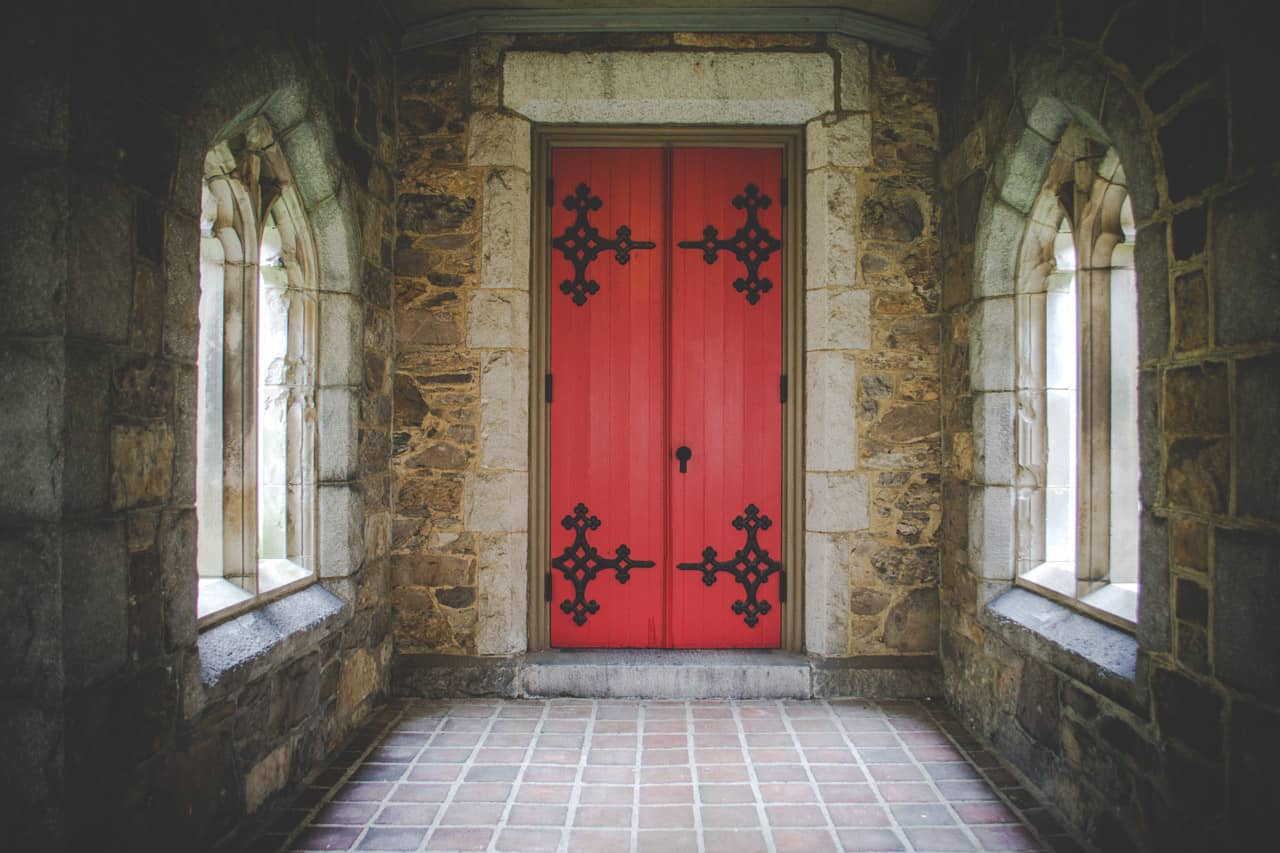(1) the Church of Utrecht, which severed relations with Rome in 1724;
(2) The National Polish Church in the U.S., which has its origin near the end of the 19th century;
(3) German, Austrian and Swiss Old Catholics, who broke away from union with Rome following the First Vatican Council in 1870 because they objected to the dogma of papal infallibility. The formation of the Old Catholic communion of Germans, Austrians and Swiss began in 1870 at a public meeting held in Nuremberg under the leadership of A. Dolinger. Four years later Episcopal succession was established with ordination of an Old Catholic German bishop by a prelate of the Church of Utrecht. In line with the “Declaration of Utrecht” of 1889, they accept the first seven ecumenical councils and doctrine formulated before 1054, but reject communion with the pope and a number of other Roman Catholic doctrines and practices. They have a valid priesthood and valid sacraments. The Oxford Dictionary of the Christian Church notes that they have recognized Anglican ordinations since 1925, that they have full communion with the Church of England since 1932, and have taken part in ordination of Anglican Bishops.
Published with Ecclesiastical Approval OUR SUNDAY VISITOR, INC. Huntington, Indiana 46750
